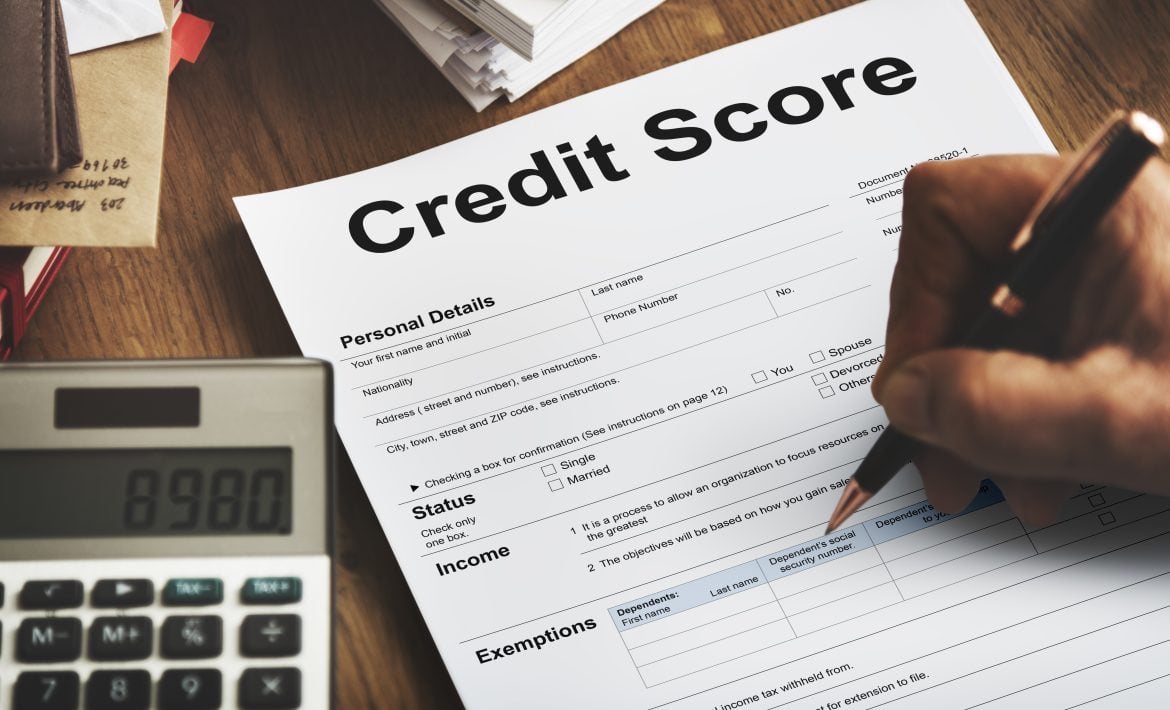
When it comes to substantial purchases, the majority of individuals rely on loans. However, did you know that your loan eligibility hinges on your credit score? In this piece, we unravel the concept of credit scores and divulge strategies to maintain and enhance yours.
This article is endorsed by Dickon Brough, Head of Retail Models at Standard Chartered Bank (SCB).
Understanding Credit Scores
A credit score is a numerical representation of an individual’s credit history, derived from a range of factors including:
– Loan applications
– Credit bureau reports
– Performance on existing loans
This score gauges the likelihood of a loan applicant repaying an extended loan. Typically, the score spans a range, for instance, 0 to 1000, where:
– Lower scores indicate higher default probability
– Higher scores signify a lower likelihood of missed payments or default
Checking Your Credit Score in Singapore
To access your credit score, generate a credit report from the Credit Bureau Singapore (CBS)[¹]. You can either:
- Request a softcopy online
- Request a hardcopy at SingPost outlets, CBS office, or CrimsonLogic Service Bureaus
Cost: S$6.42 (incl. GST) + S$2.00 for various delivery modes.
You can collect your report within 2 hours at a SingPost outlet for an extra fee of S$17.12.
Deciphering Good and Bad Scores
A credit score’s classification as good or bad varies by product and the lender’s risk appetite. This hinges on the lender’s acceptable default rate and pricing strategy.
Impact of Credit Scores on Loan Eligibility
A person’s credit score is pivotal in the loan application process as it affects:
– Loan cost
– Application approval
Higher credit scores usually lead to better interest rates. Conversely, lower scores can lead to stringent terms or loan denial.
Credit Score and Loan Eligibility at Standard Chartered Bank
At SCB, lending decisions are based on “cut-off” or base scores. Applicants below the “cut-off” are declined, while those above are approved, provided they meet additional affordability and verification criteria.
The “cut-off” is set to align with SCB’s risk appetite for the specific product.
Other Factors in Loan Application
Lenders may also consider factors like annual salary, employment period, bankruptcy/litigation history, and number of credit facilities. For SCB products, consult product-specific credit risk policies for details.
Factors Influencing Your Credit Score
- Available Credit: Numerous open credit accounts can lower your score.
- Recent Credit: Spacing out credit applications is advisable to avoid seeming financially strained.
- Enquiry Activity: Frequent loan applications may reduce your score.
- Utilization Pattern: Higher credit utilization may lower your score.
- Account Delinquency Data: Late payments can negatively impact your score.
- Credit Account History: A record of punctual payments can enhance your score.
Elevating Your Credit Score
While credit reports reflect the past 12 months, you can improve your score over the next year through these practices:
- Stay within Credit Limits: Avoid high utilization of existing credit cards.
- Manage Credit Card Payments: Aim to clear credit card balances monthly to avoid interest buildup.
- Control Total Credit Exposure: Keep credit exposure a small fraction of your income.
- Demonstrate Low Risk Management: Manage existing credit exposure responsibly.
- Limit Multiple Loan Applications: Applying to multiple lenders in a short time can appear credit-hungry.
Sustaining and Enhancing Your Credit Score
Adopt prudent financial practices, avoid overspending, and critically assess lenders’ loan terms when applying for loans. This ensures not only loan approval but also favorable repayment terms.

